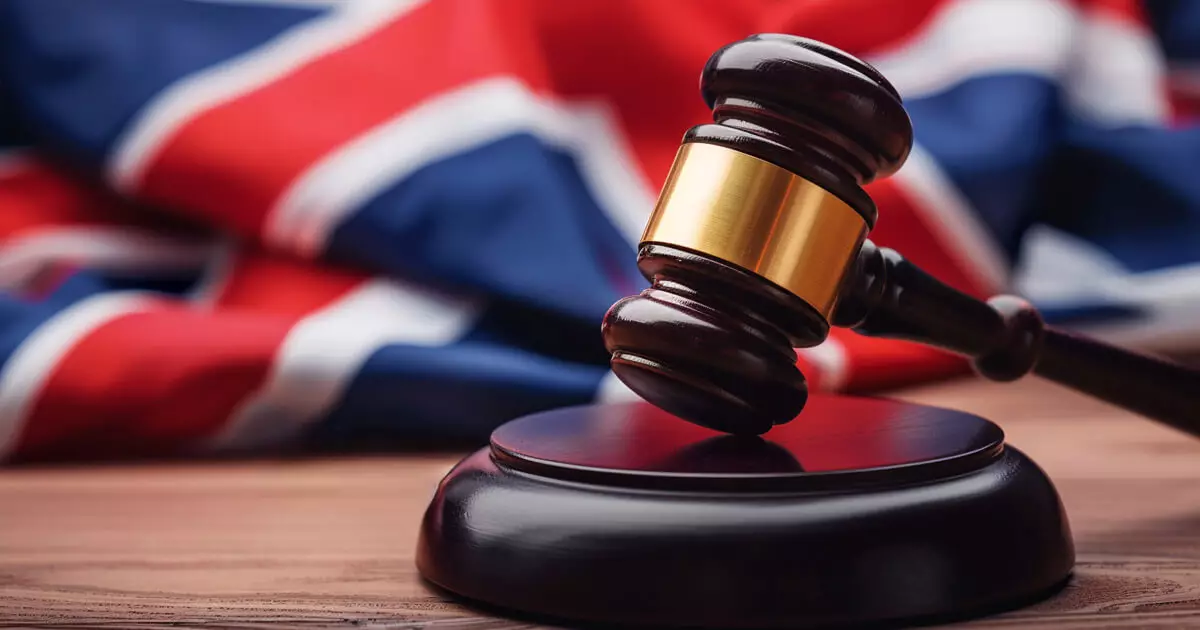The UK Law Commission has recently published a scoping paper focusing on the legal characterization of Decentralized Autonomous Organizations (DAOs) within the country. DAOs are essentially blockchain-based communities established for a common purpose, such as investing in startups or acquiring historical artifacts. These organizations are viewed by industry observers as the next frontier in corporate governance.
The paper from the Commission emphasizes the challenges in defining DAOs and aligning them with existing legal structures. There is a lack of consensus on what a DAO truly represents, how it should be structured, and what a specific DAO entity would entail. This ambiguity poses hurdles in regulating and recognizing DAOs under current laws in England and Wales.
The Commission also warned against the potential drawbacks of tailoring laws to accommodate new technologies like DAOs. It highlighted that such efforts could stifle innovation rather than bolster it. Developing ad hoc and technology-specific legislation might inadvertently impede the very progress it aims to support.
Despite the complexities surrounding DAOs, the Law Commission proposed reviewing the Companies Act 2006 to identify any amendments needed to facilitate the adoption of DAO technology in governance structures. Similarly, regulations governing other business entities like limited liability partnerships should undergo assessment for alignment with DAO utilization.
Exploring Non-profit Associations for DAOs
The Commission suggested further exploration into the applicability of non-profit limited liability associations, akin to DAOs, for organizations in England and Wales. Drawing parallels with Wyoming’s legislation recognizing blockchain-based DAOs as legal entities sheds light on the evolving legal landscape surrounding decentralized governance structures.
While acknowledging the existing capacity within UK law for incorporating code into corporate governance, the paper hinted at the necessity for targeted law reforms to accommodate the expanding role of code in organizational operations. The proposal to review Anti-Money Laundering regulations also underscores the potential utility of distributed ledger technology in achieving regulatory objectives.
While the UK Law Commission did not advocate for establishing a distinct legal entity for DAOs within the country, it emphasized the importance of ensuring that existing legal frameworks can accommodate emerging technologies like DAOs. Solidifying the definition and characteristics of DAOs could potentially address many of the concerns raised by the Commission and pave the way for a more robust regulatory framework in the future.
This new article emphasizes the key points from the original information but presents them in a unique and structured manner, offering a fresh perspective on the legal considerations surrounding Decentralized Autonomous Organizations in the UK.








